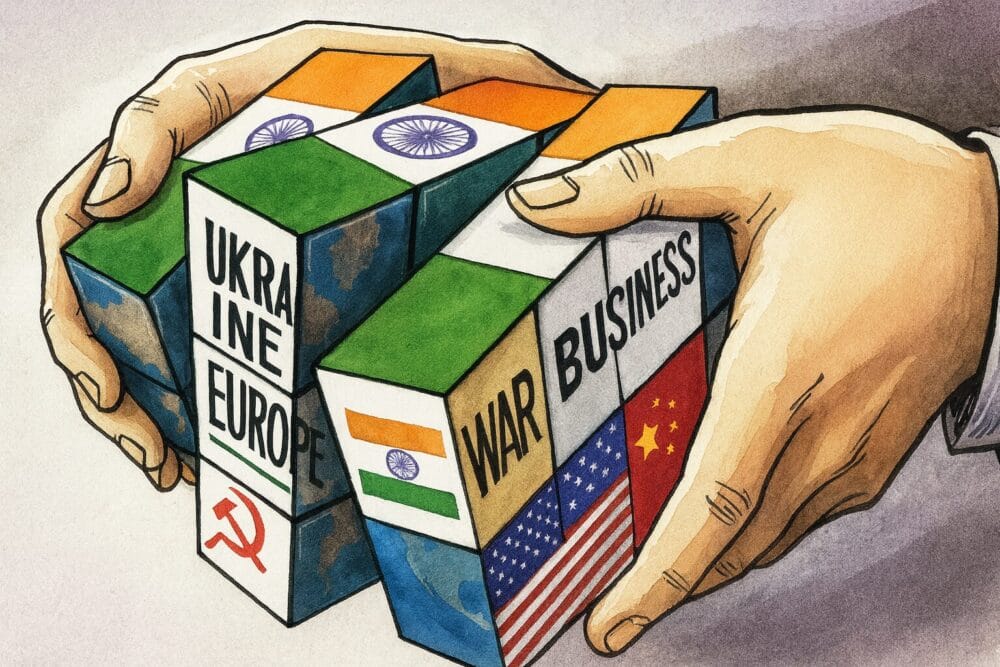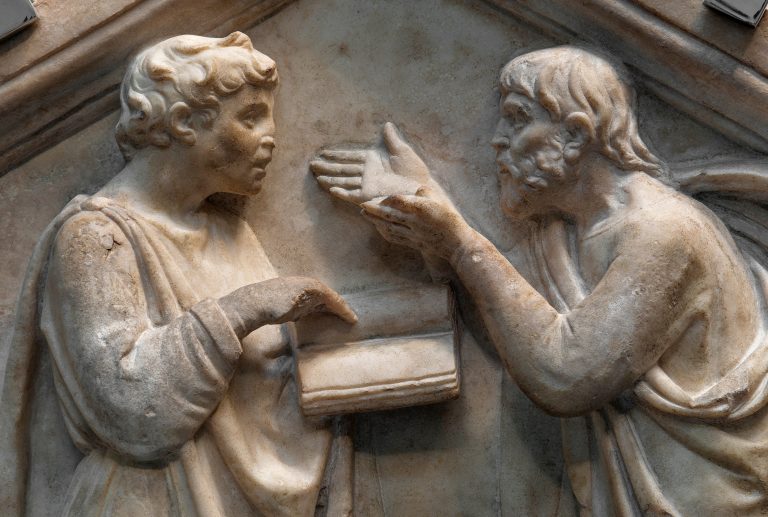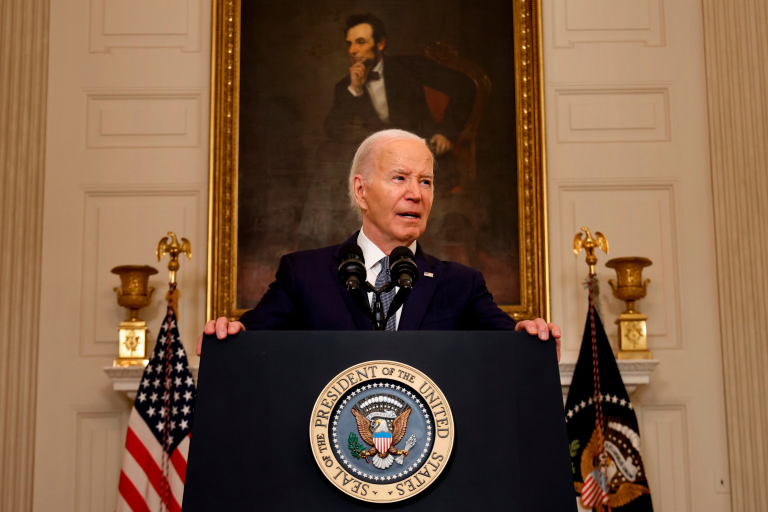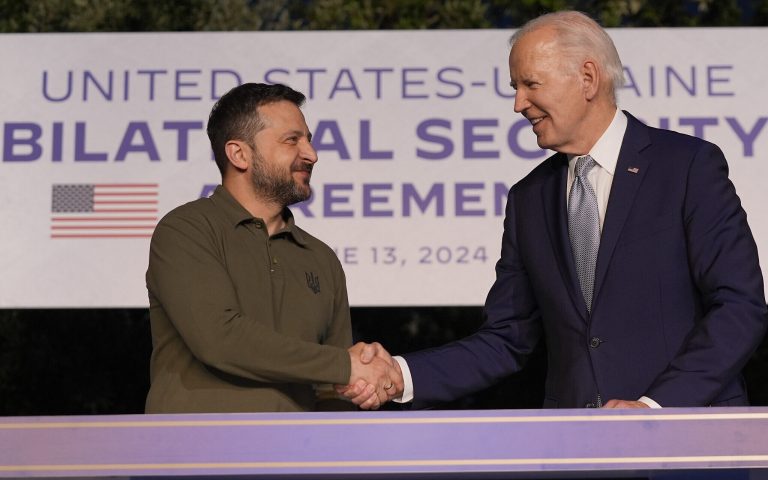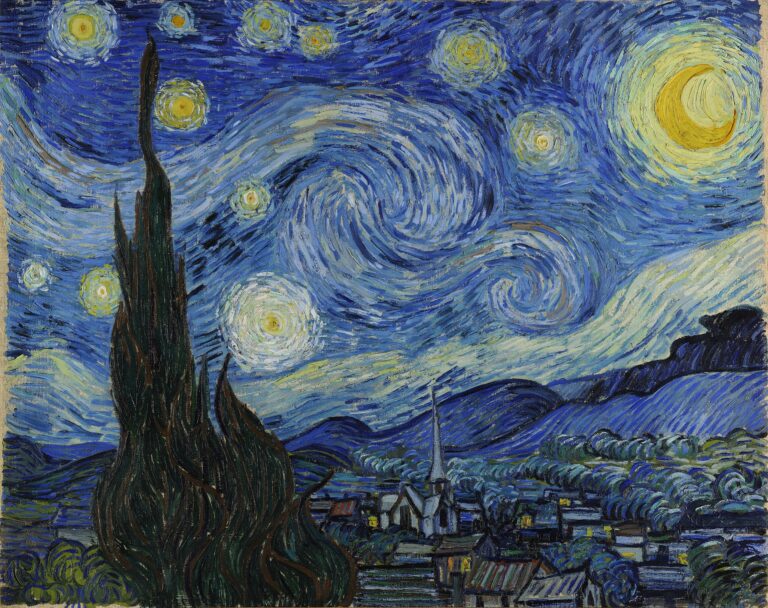The title of this essay seems quite evocative. At best, it insinuates that things are going in the right direction for Indian Foreign policy writ large, though such an intuition is widely far-fetched. Whereas, realistically speaking, it beckons that the churn in the Indian global politicking, especially in the recent past, is veering to a phase wherein the notion of hunky-dory, or in other words, that the Indian dispensation can go along its whims with impunity, is gradually withering.
To address the devil in the room, at this juncture it certainly is traditional forms of media. Wait. Why the media? That too in this dialogue of image building? Yes, some may reckon that it alludes to the Indian media ecosystem that has capitulated itself to perpetual and abject folly, which is to say, forget it masquerading as Fox News; what has taken root in India is worse. But leaving the domestic cacophony at bay. The intriguing and peculiar posturing is, in fact, by the international media, be they hailing from any region that blokes like to compartmentalize into.
Just recently, I personally was dumbfounded by the way in which the Indian Prime Minister was being lauded both by the press (international) and simultaneously by individuals that give credence to such a conception — “the foreign policy wonks.” Likewise, other than some of the credible newspapers, many, particularly the ones on Asian television, were going by the line that (the Indians partaking in a summit) it is a “great alignment of great powers,” or the even more jubilant buoyance that “a new world order is awakening!”
After all, at its core, is it merely image building or literal influence on the global dais? If one gauges the events of the past few months, the current maneuver by India seems to be the former, not the latter. Why so? First and foremost, the rhetoric espoused by the current American administration has had a corrosive effect to what was a potent relationship, that could have (and still), define the trajectory of the 21st century.
But nonetheless, the crack in Indian fervor in the international fray was conspicuous on the 23rd of April, which was after the attack that took place in Pahalgam. By and large, the Indian government put forth to its counterparts around the world, with dismal substantiation (as per statements by foreign diplomats), that Pakistan, the neighboring country, spearheaded such an incident. Naturally, for a country that has championed multi-alignment, it should have shown support of countries from east to west: for the likes of Japan, Australia, Russia, France, Germany, the UK, and the United States. Though, the fact of the matter is that none — not even a single purported “friend” — stood shoulder to shoulder on the postulation: Pakistan is a terror state. Then thereafter, a litany of events takes place, a ludicrous conflict between the two childish warring states, and ultimately the falling out with Mr. Trump, furthered with the imposition of the harshest tariff regime in the world.
Does the above sound like an incantation synonymous with a global world power or of a state lost in search of help — particularly in an environment marred with binary camps? The country seems to have been kicked by one, and joining the other looked to be the only option; albeit, a decision based solely on impulse — that of an ethno-nationalist populist — will have huge ramifications, not to mention that the founding principle of India, by no stretch of the imagination, aligns with the contrarian grouping. But in the world of realpolitik, principles are an afterthought; alas, domestic electoral outcomes are sacrosanct.
